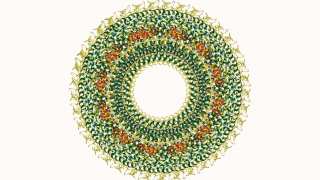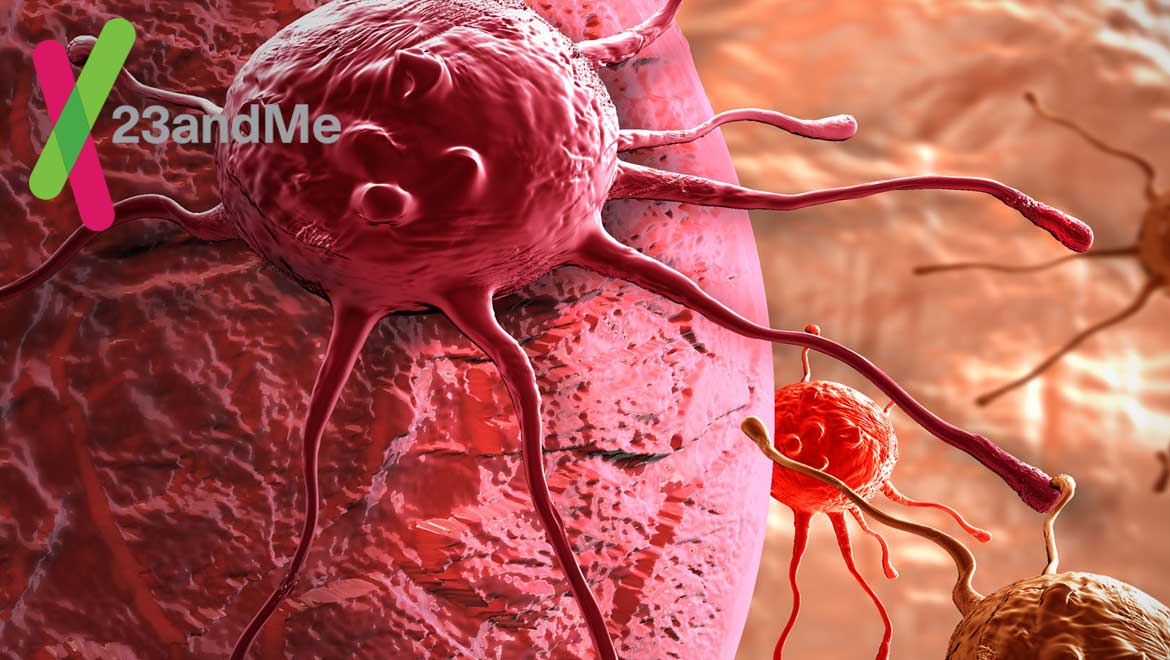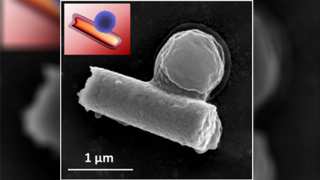One of the biggest challenges faced by cancer patients today is diagnosis of their condition early enough to get suitable treatment options.
Cancer results in more than 8 million deaths worldwide, each year, and the National Cancer Institute has predicted the numbers to rise to 22 million in the next few decades.
Among years of innovation and research, a new way to tackle the detection of this disease has been developed — an improved and faster screening test.
23andMe Cancer Risk Test Approved
Biotech company, 23and Me, known for its personal genetic testing kits, has been approved by the US Food and Drug Administration (FDA) for the first ever direct-to-consumer test to check risk of breast, ovarian and prostate cancer.
Three genetic variants of the human suppressor genes, BRCA1 and BRCA2, will be analyzed when the patient sends in a saliva sample containing DNA. The kit will assess the risk of certain cancers (breast and ovarian for women, and prostate for men), and the report will be directly sent to the individual, who can then approach a professional. This unique home test can be taken without any pre-qualification or prescription.
CEO and co-founder of 23andMe, Anne Wojcicki was excited to report in the release, “Being the first and only direct-to-consumer genetics company to receive FDA authorization to test for cancer risk without a prescription is a major milestone for 23andMe and for the consumer.”
Acting Director of FDA’s Office of In Vitro Diagnostics and Radiological Health reiterated that this was only a preventive test and should not be substituted for genetic counseling, cancer screenings or other factors that could determine cancer risks.
Variants Most Common In Those Of Jewish Descent
It was observed, as part of the study, that mutations in BRCA1 and BRCA2 were most common (1 in 40) among people of the Ashkenazi Jewish origin and descent, and lower among other ethnicities.
Wojcicki mentioned, “This authorization is incredibly valuable for those who might not be aware of their Ashkenazi Jewish descent or aren’t familiar with their family history of cancer. But it’s important to understand that the majority of cancer is not hereditary, our test does not account for all genetic variants that can cause a higher risk of cancer, and people should continue with their recommended cancer screenings.”
Can We Handle The Results? Is It Accurate?
The company issued a warning that the test is only an indication of risk of cancer, and a healthcare provider must be sought out to determine next course of treatment, if positive results are secured. Likewise, the FDA also said no physician or caregiver should make this as a basis while determining treatment plans.
There is still an ongoing debate about whether patients can handle such delicate information without professional support. Cancer experts weigh in. Dr. Len Litchenfeld wrote, “It is also going to add fuel to a growing fire about how we as a nation assess genetic risks for cancer, and whether society is prepared for what is inevitably going to become a genomic-influenced and informed culture of health.”
The National Society of Genetic Counselors added that individuals must consult their doctors before submitting to the test, or at least need to be retested under supervision before going forward with any medical decisions.
Well-known geneticist, Eric Topol, talked of a “false sense of safety” that this kit has the potential to deliver because it only tests for three mutations among the hundreds which could actually predispose an individual to cancer.
While the pros and cons are being compared, this step taken by 23andMe gives millions a chance to skip the queues and formal screenings before having to get tested for one of the world’s deadliest killers — cancer.
Humankind 1 Cancer 0.
Top image: Cancer cell (CC BY-SA 4.0)23andMe logo (Public Domain)







No comment